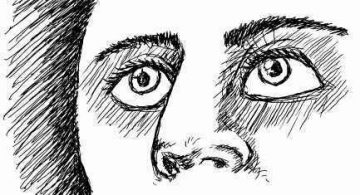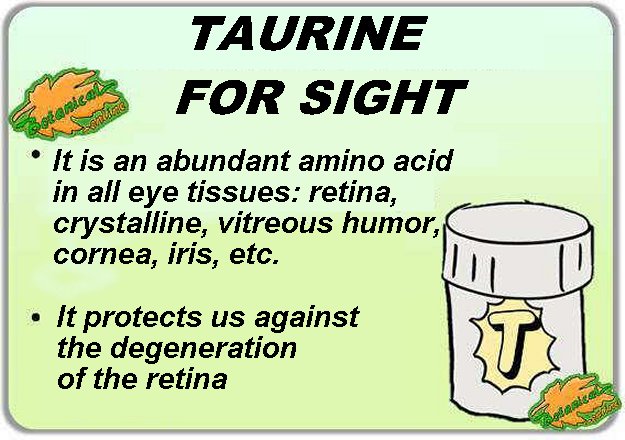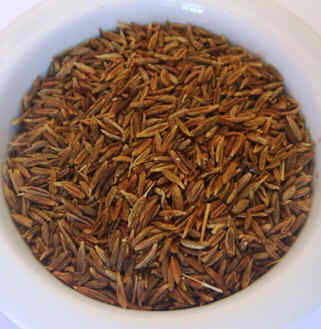Contents
Benefits of taurine for sight
Functions of taurine in the body
Taurine plays a very important role in the functioning of the central nervous system, the eyes and the muscles (including the heart muscle). In this article, the subject that concerns us are the properties of taurine for the eyes.
What role does taurine play in sight?

The properties of taurine for vision and diseases of the eyes began to be sensed when animal tissue was analyzed and it was observed that the eyes had a large amount of taurine. Indeed, all ocular tissues contain abundant amount of this amino acid, being the most abundant in the retina, the vitreous, the crystalline, the cornea, the iris and the ciliary body of the eye.
In animals, it has been proven through the taurine restriction of the diet that when taurine levels are not adequate, there are severe degenerative changes in the photoreceptors of sight and the pigment epithelium of the retina.
In the human retina, taurine is essential for the development of photoreceptors and protects these structures against damage related to stress (cytoprotective).
Scientific studies on taurine for vision
Scientific studies have shown that taurine provides neuroprotection against cellular degeneration of the retinal ganglion. The degeneration of these cells of the retina occurs in diseases that lead to blindness. Therefore, taurine acts as a cytoprotective against neuronal damage related to oxidative stress and pathologies or diseases.
In animal experiments, it has been observed that taurine protects the structures of the eyes against certain toxins. It has been proven that one of the most effective endogenous agents that protect the distal retina from the application of toxic levels of glutamate or other toxins, is the amino acid taurine.

Taurine for eye diseases
Taurine deficiency accelerates macular degeneration. The degeneration of these retinal cells occurs in numerous eye diseases that lead to blindness, such as glaucoma or loss of photoreceptors.
For all this, this component has long been included in the vademécum of natural therapies and is being studied for its potential in diseases of the eyes, such as macular degeneration, glaucoma, retinal detachment, etc.
How is taurine taken for the eyes ?
Taurine supplements are recommended to fight optic nerve damage. Taurine is taken in L-Taurine supplements, 500mg dose, of 1 to 3 capsules per day.
What foods have taurine?
Taurine is found in foods of animal origin, such as meats, fish, eggs and dairy products. In addition, the body can synthesize it from the amino acid cysteine, when there are sufficient levels of pyridoxine (vitamin B6), therefore people who follow a vegetarian diet do not have to have a deficit of this component.
Can a lack of taurine occur?
We do not usually have deficiencies of taurine with a habitual consumption of foods of animal origin, very rich in taurine.
![]() More information on taurine
More information on taurine








